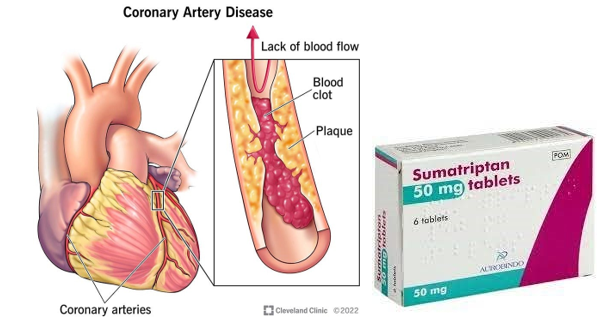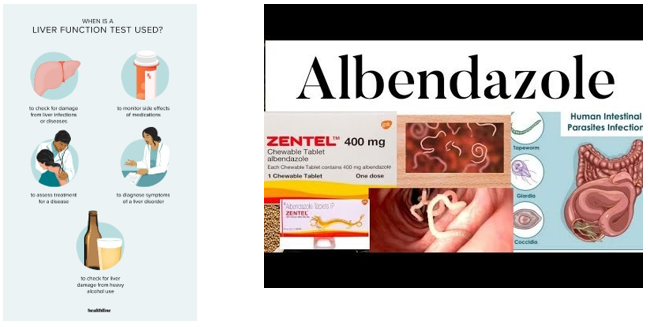A client who receives multiple antihypertensive multiple medications experiences syncope due to a drop in blood pressure to 70/40 mm Hg. Which is the rationale for the nurse’s decision to hold the client’s scheduled antihypertensive medications?
Increased urinary clearance of the multiple medications has produced diuresis and lowered blood pressure.
The synergetic effect of the multiple medication has resulted in drug toxicity and resulting hypotension.
The antagonistic interaction among the various blood pressure medications has reduced their effectiveness.
The additive effect of multiple medications has caused the blood pressure to drop too low.
The Correct Answer is D
The client is experiencing syncope (fainting) due to a drop in blood pressure to 70/40 mm Hg, which is too low. This suggests that the client's blood pressure medications are reducing their blood pressure too much, resulting in hypotension. The rationale for the nurse's decision to hold the client's scheduled antihypertensive medications is to prevent further hypotension and allow the client's blood pressure to stabilize at a safer level.
Option a is incorrect because diuresis (increased urine output) is not a likely cause of the client's hypotension.
Option b is incorrect because the client's symptoms suggest hypotension due to reduced blood pressure, rather than drug toxicity.
Option c is incorrect because the antagonistic interaction among blood pressure medications would result in reduced effectiveness but would not necessarily cause hypotension.
Nursing Test Bank
Naxlex Comprehensive Predictor Exams
Related Questions
Correct Answer is B
Explanation
Sumatriptan succinate is a medication used to treat migraine headaches by narrowing blood vessels in the brain. It is important to determine if the client has a history of coronary artery disease before administering the initial dose because the medication can also cause narrowing of the coronary arteries and potentially lead to a heart attack or other cardiac events.
Type 2 diabetes mellitus (a), seasonal allergic rhinitis (c), and irritable bowel syndrome (d) are not directly related to the use of sumatriptan succinate. However, it is still important to consider the client's medical history and overall health status when prescribing or administering any medication.

Correct Answer is D
Explanation
The client's symptoms suggest liver dysfunction, which is a known adverse effect of albendazole. Albendazole is primarily metabolized in the liver, and its use can cause liver damage in some cases. Therefore, it is essential to review liver function test results to assess the severity of liver damage and to determine if the medication should be discontinued or the dosage should be adjusted.
The renal function panel (a) measures the levels of various substances, such as creatinine and blood urea nitrogen, in the blood to assess kidney function.
The thyroid function test (b) evaluates the levels of thyroid hormones in the blood to diagnose thyroid disorders.
The basic metabolic panel (c) includes several tests that assess the levels of electrolytes, glucose, and other substances in the blood to evaluate metabolic function. However, these lab tests are not directly related to the symptoms and adverse effects associated with albendazole use

Whether you are a student looking to ace your exams or a practicing nurse seeking to enhance your expertise , our nursing education contents will empower you with the confidence and competence to make a difference in the lives of patients and become a respected leader in the healthcare field.
Visit Naxlex, invest in your future and unlock endless possibilities with our unparalleled nursing education contents today
Report Wrong Answer on the Current Question
Do you disagree with the answer? If yes, what is your expected answer? Explain.
Kindly be descriptive with the issue you are facing.
